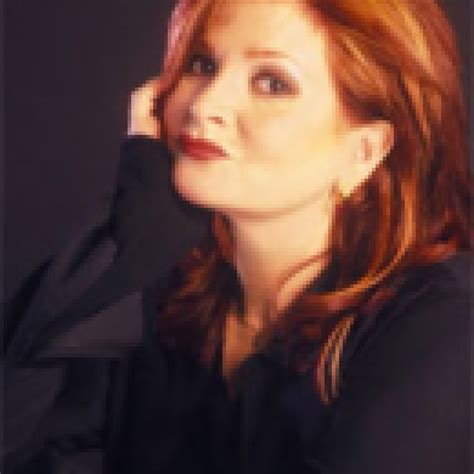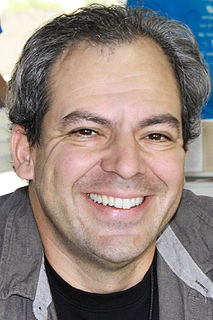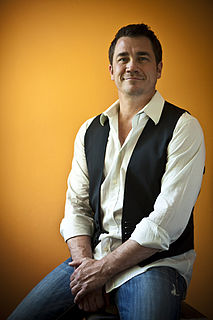A Quote by Faith Prince
I'm from the South, so I tend to tell stories. That's how we express ourselves.
Related Quotes
Each of us is comprised of stories, stories not only about ourselves but stories about ancestors we never knew and people we've never met. We have stories we love to tell and stories we have never told anyone. The extent to which others know us is determined by the stories we choose to share. We extend a deep trust to someone when we say, "I'm going to tell you something I've never told anyone." Sharing stories creates trust because through stories we come to a recognition of how much we have in common.
What does it matter, if we tell the same old stories? ...Stories tell us who we are. What we’re capable of. When we go out looking for stories we are, I think, in many ways going in search of ourselves, trying to find understanding of our lives, and the people around us. Stories, and language tell us what’s important.
I don't necessarily think stories have functions any more than diamonds have functions, or the sky has a function... Stories exist. They keep us sane, I think. We tell each other stories, we believe stories. I love watching the slow rise of the urban legend. They're the stories that we use to explain ourselves to ourselves.
Humans are kind of story-propagating creatures. If you think of how we spend our days, think of all the time you spend on entertainment. How much of your entertainment centers around stories? Most pieces of music tell stories. Even hanging out with your friends, you talk, you tell stories to each other. They're all stories. We live in stories.
I simply couldn’t conceive of how devastating it would be not to be able to hear my children’s voices. Not to be able to communicate with them, to hear them learn, grow, and express themselves verbally. How fortunate, how blessed I am. This overwhelmed me. I can talk to my children, I can respond to their needs and comfort them when they tell me they are unwell. I can tell them stories and hear them tell theirs.
I'm interested in such things as the difference between how we perceive the world and what the world turns out to be. The difference is between the stories we tell others and the stories we tell ourselves. There is a wonderful Russian saying, which I use as the epigraph of one of my novels, which goes, He lies like an eyewitness. Which is very sly, clever and true.



































